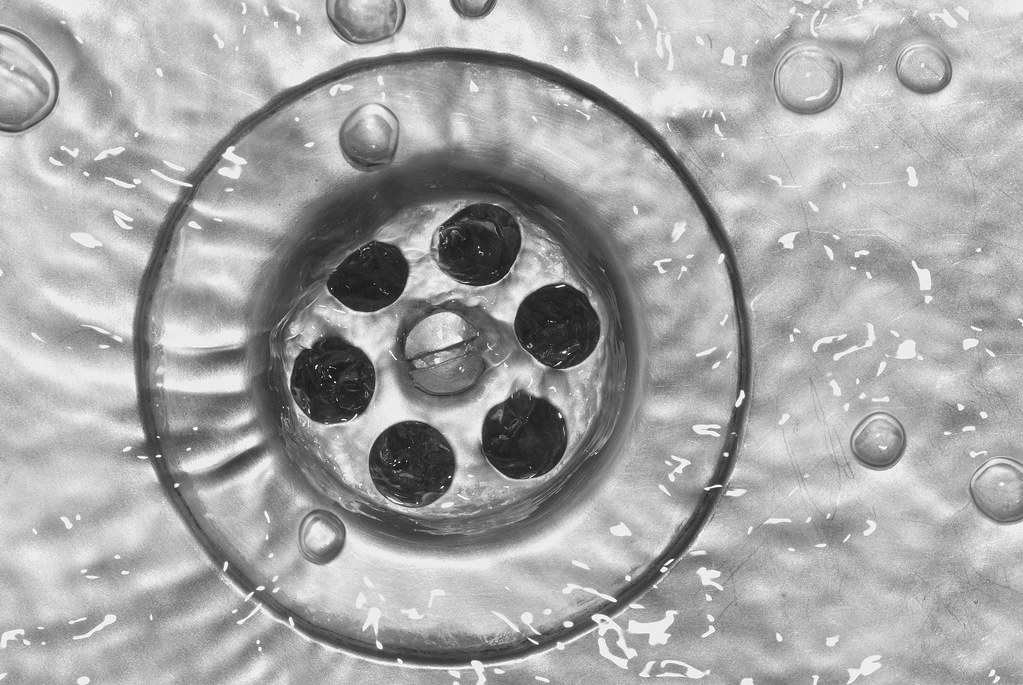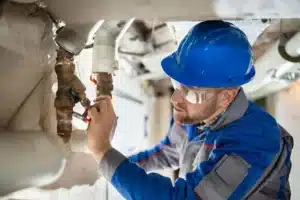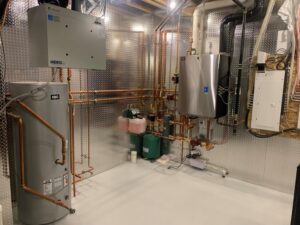Those who run on a septic system know that any malfunction can cause a huge disgusting mess. A malfunction means that your sewer system is blocked, has a crack, or the septic tank is full. The best way to avoid any sewage problem is to keep up on preventative maintenance.
Pump your septic tank out regularly: One of the most important things you can do to keep the system functioning properly is to have the septic tank emptied regularly, even before it’s full to the brim. If you have it going out into a septic field, you should still give it a regular empty to ensure scum or sludge isn’t building up and being carried to the drain field.
If you don’t pump your sewage system regularly, waste will accumulate and this will further prevent waste water from being treated. Consequently, a pool of waste water can be formed in the surrounding areas and could result in costly repairs down the road.
Conserve water where possible: Not only will being more efficient with your water use decrease consumption and lower your bill, it can also prevent damage to your septic system. When water flows too rapidly, solids in the waste water may move out of the tank into the drain field and could clog it.

Be careful what you let go down the drain: The presence of solid particles in water makes the sewage system can result in clogging and that leads to damage. Managing solids in waste water will reduce the pressure on the sewage system and at the same time, will reduce its maintenance cost. Often tanks that take on water that has too much hard matter will require more frequent pumping. Solids going down the drains would also require the sewage system to work much harder than it should.
Avoid harmful septic system additives: Septic system additives contain a number of bacteria, enzymes, yeasts, fungi and other microorganisms. Adding these products could destroy the naturally occurring bacterial population in the septic tank, change the permeability characteristics of the soil absorption system, and may cause groundwater contamination. Instead, you can use household chemicals such as detergents, bleaches, and drain cleaners for cleaning, instead of some of the harsher chemicals that disrupt the bacterial action in the septic tank.
Avoid dumping grease down the drain: Grease is one of the most harmful substances for a sewage system. It can plug your pipes or build up in the septic tank and cause some real issues. Pour your cooking grease in a container and throw it out, rather than pouring it down the drain.
Get your septic system checked by a professional: While maintaining your sewer system is necessary, it is equally important to have your septic tank pumped and cleaned by a professional at least once a year. A professional will be able to spot problems like a cracked pipe or backflow valve problem before your home is affected by it.
Depending on the size of the tank, the volume of waste water, and how many solids go into it, the frequency of maintenance may vary. However, following a few simple rules can help in making your septic system trouble-free for many years.









